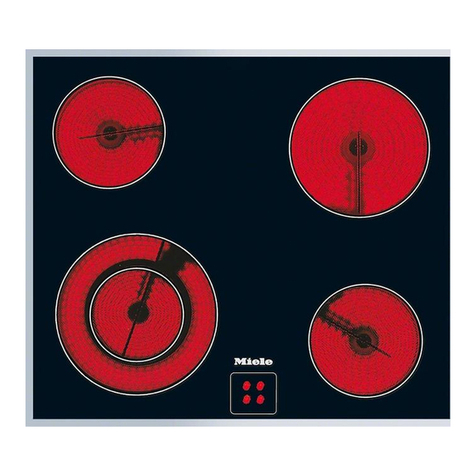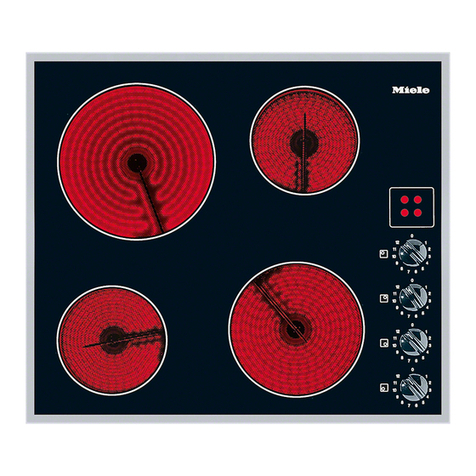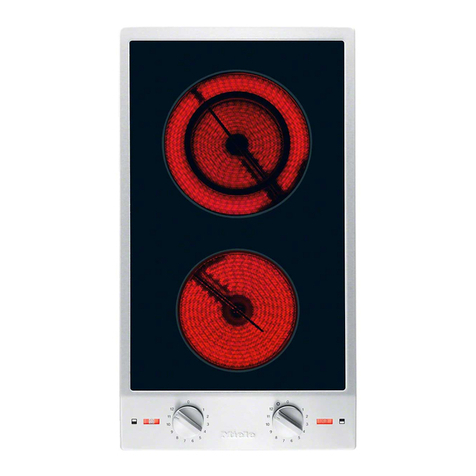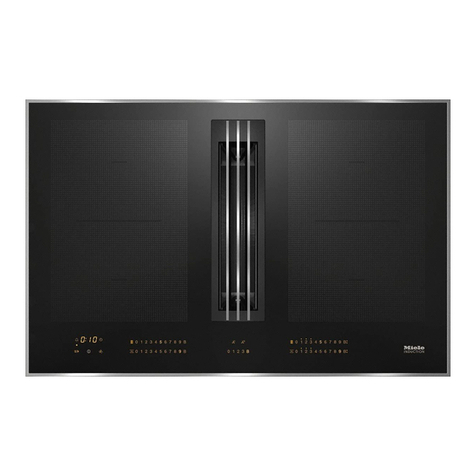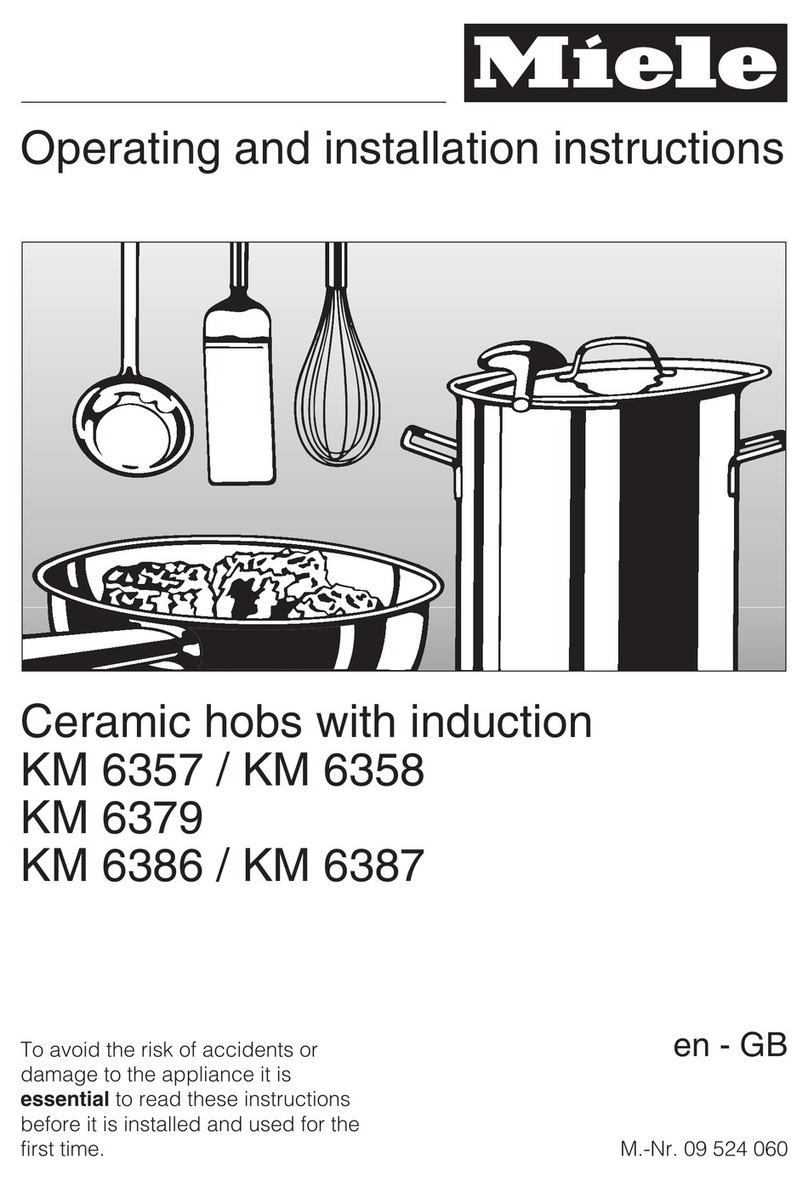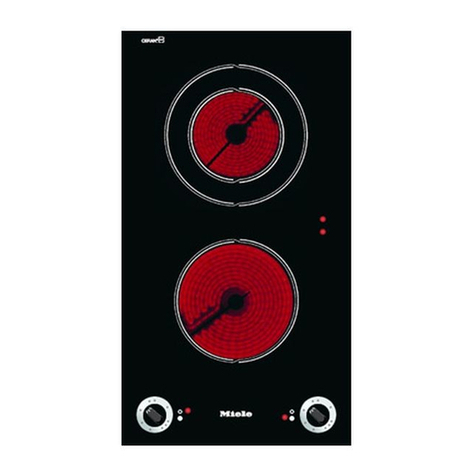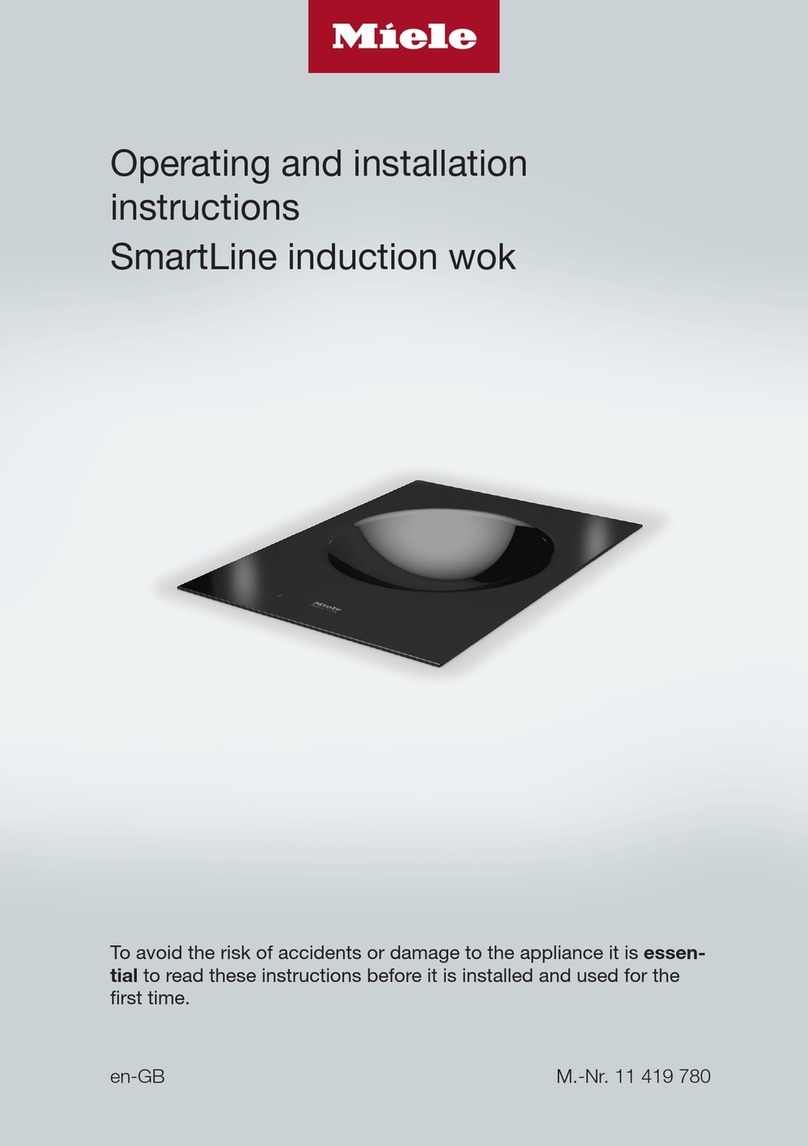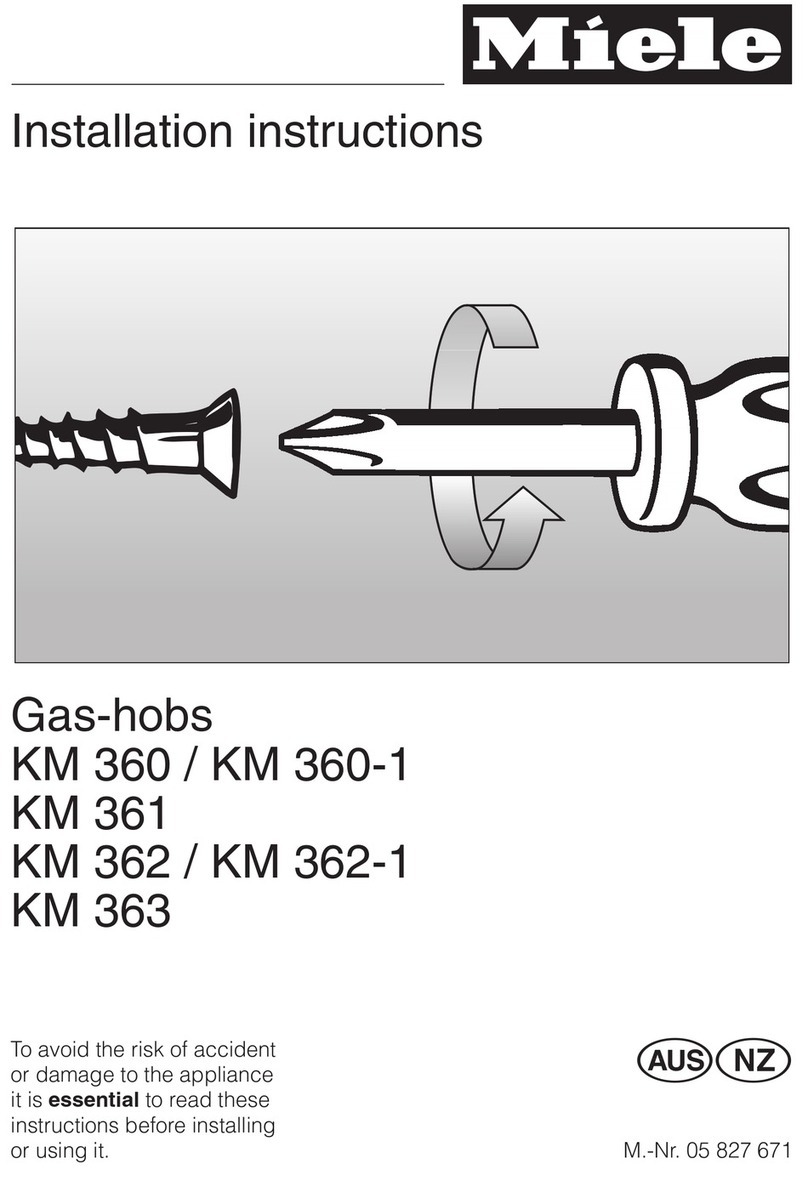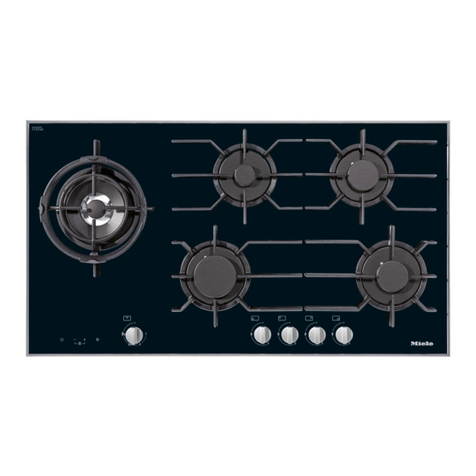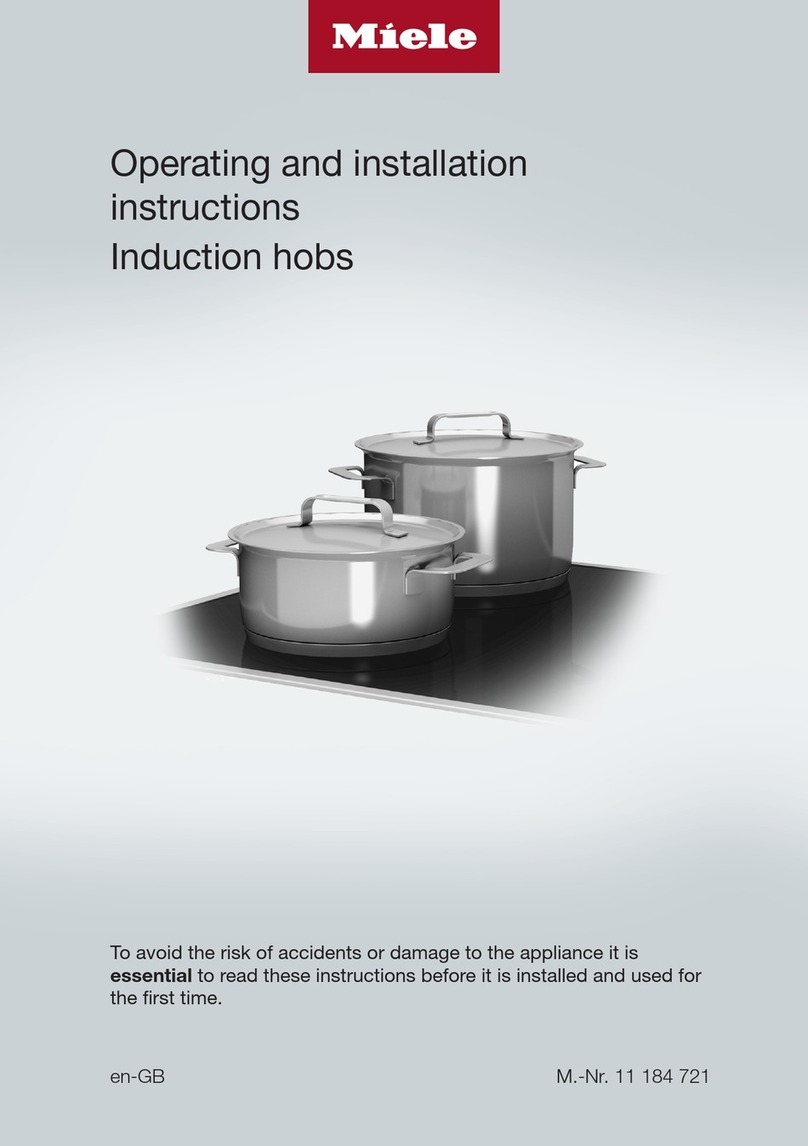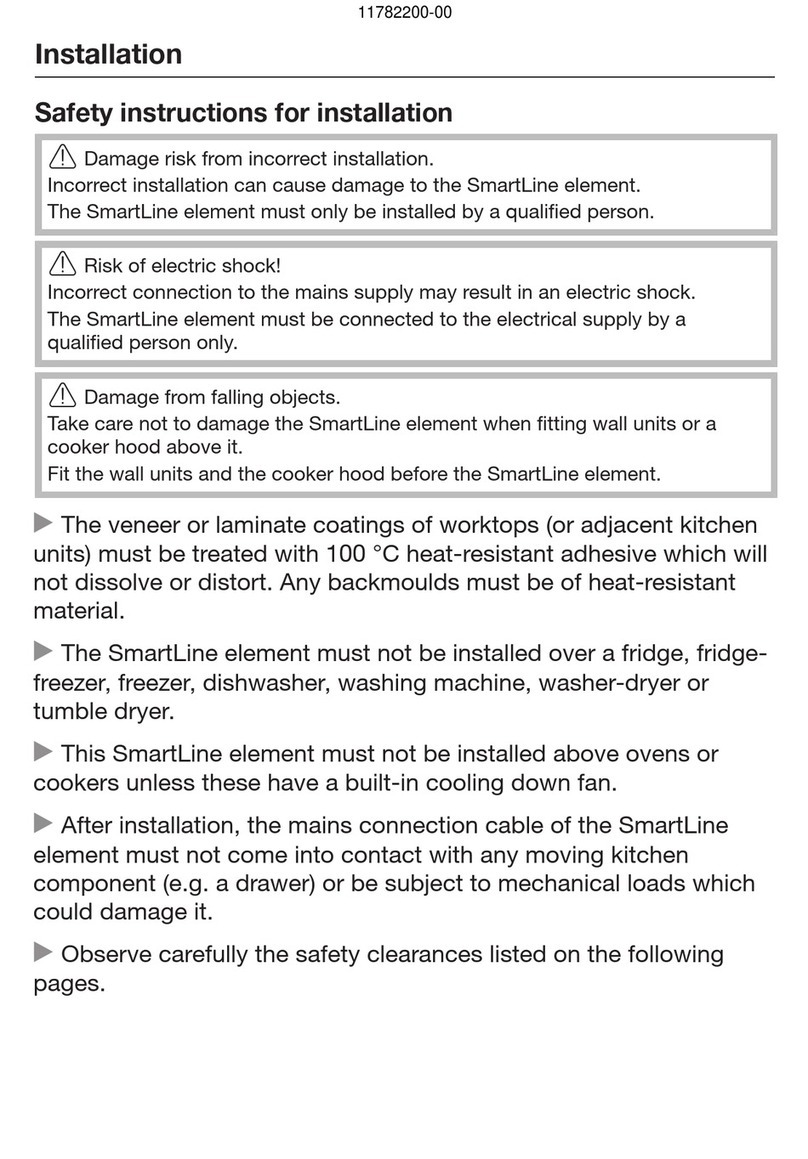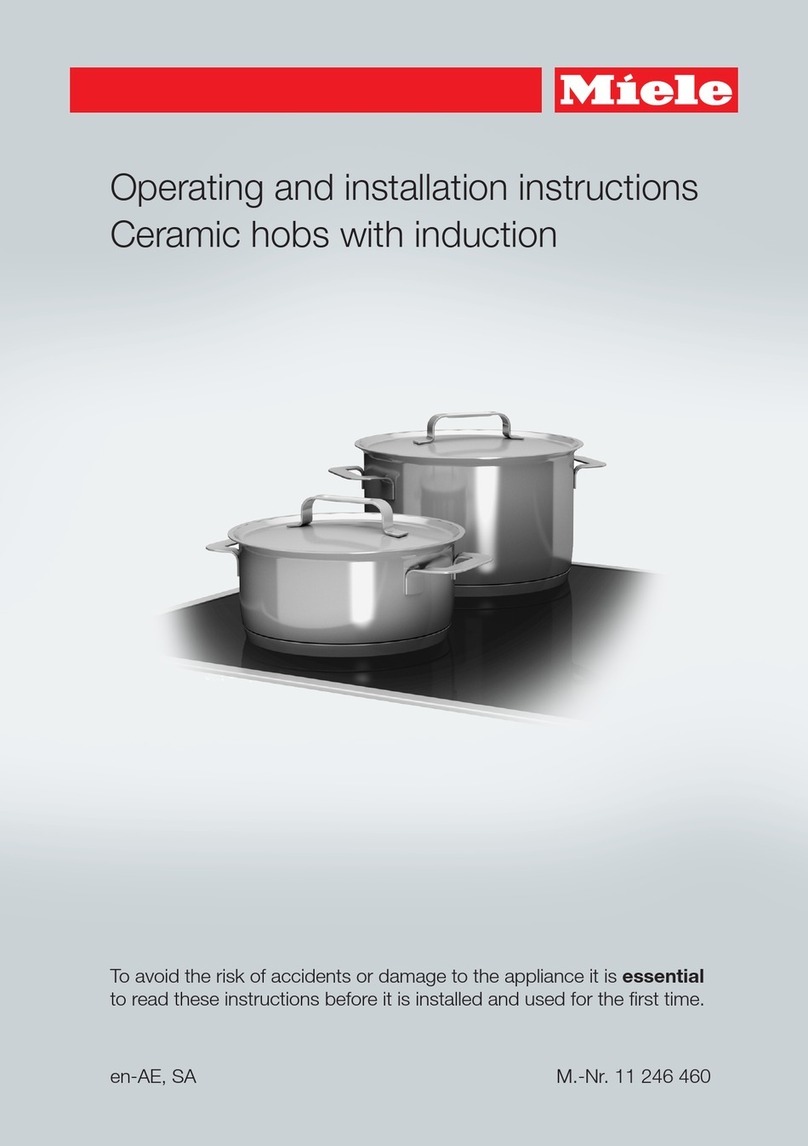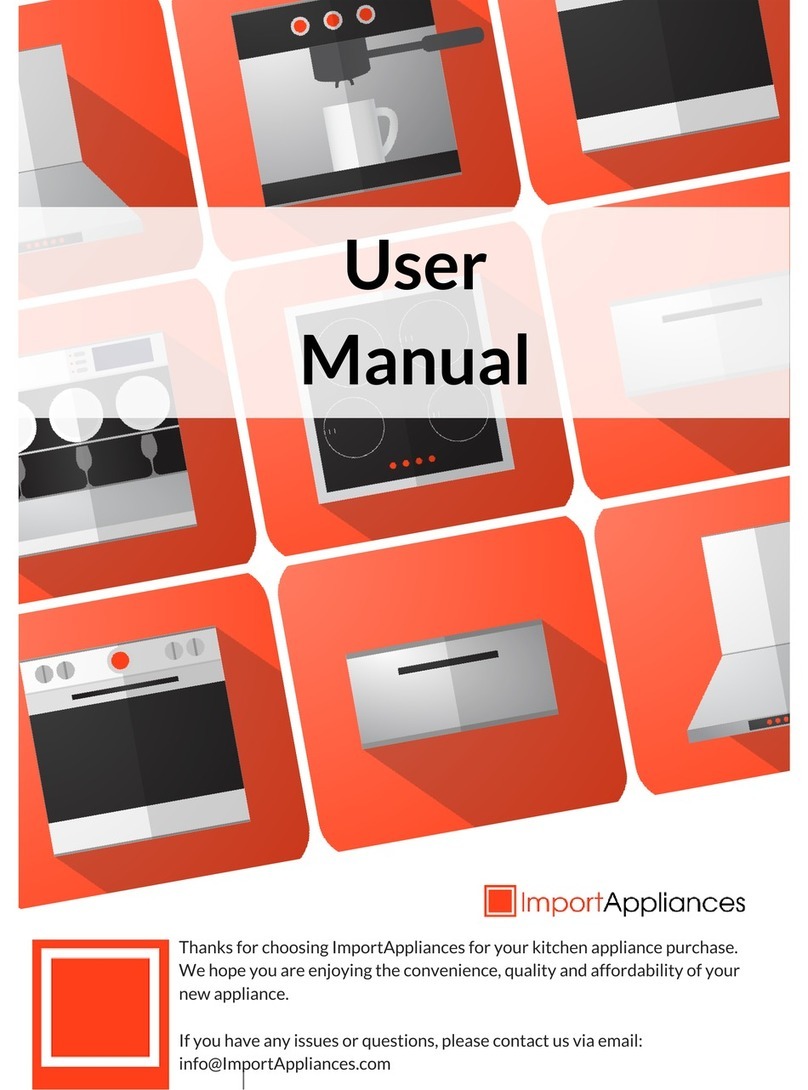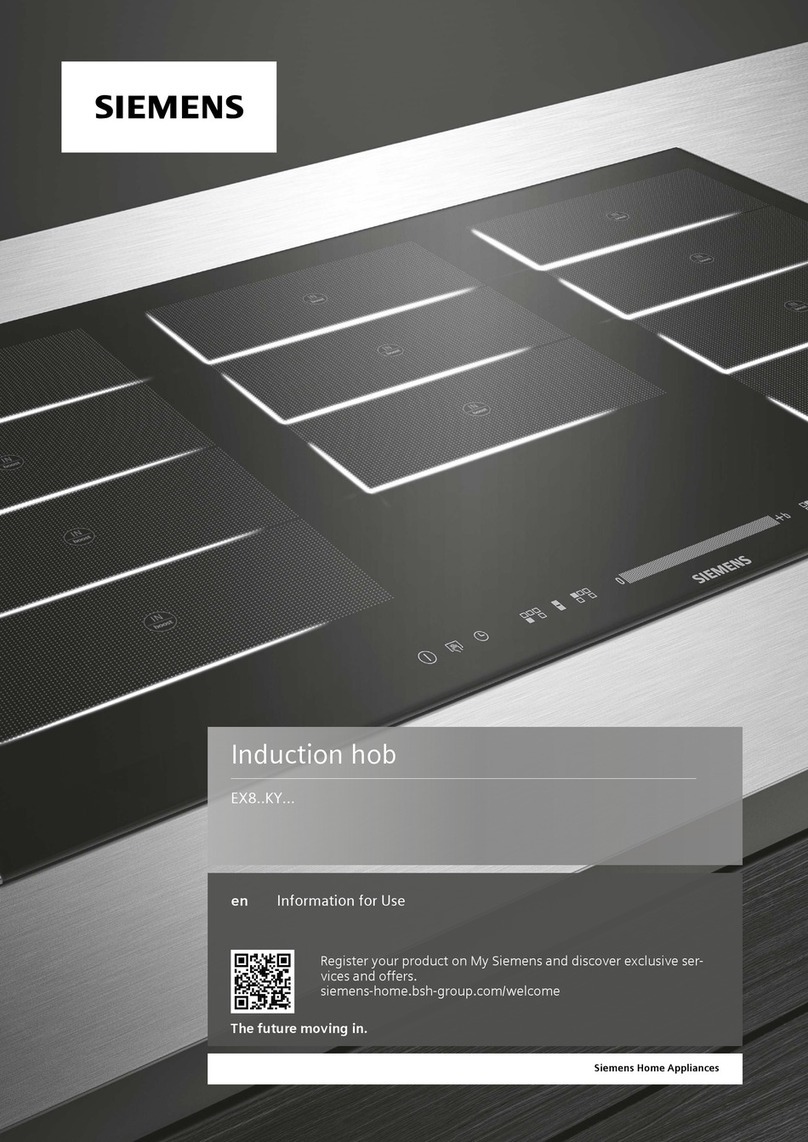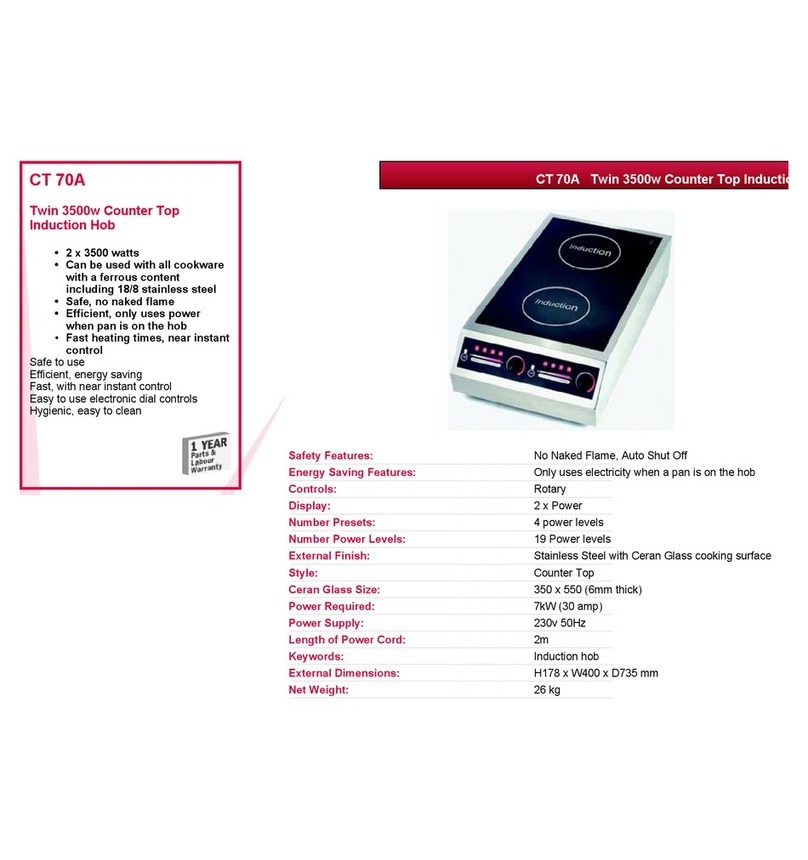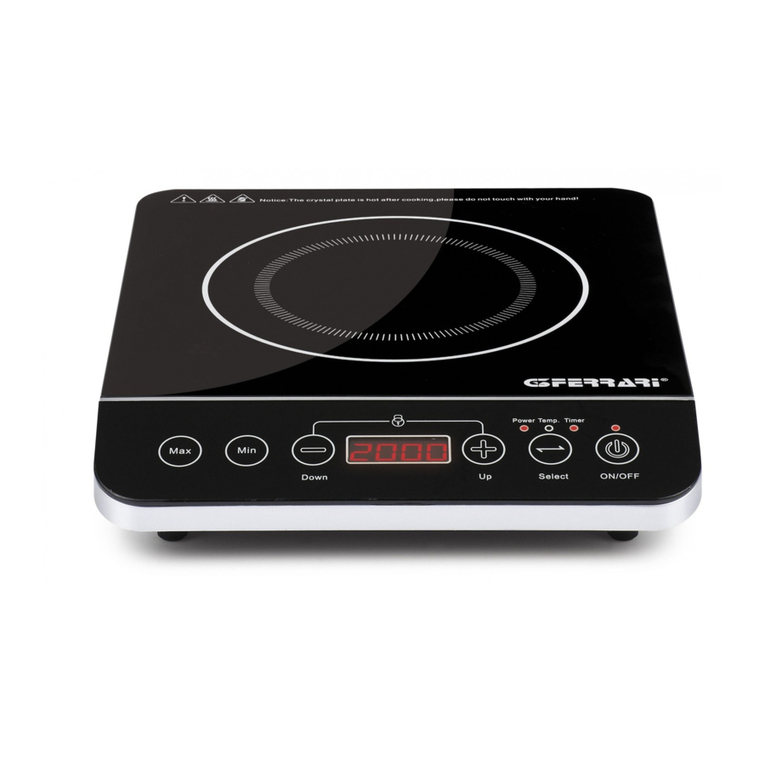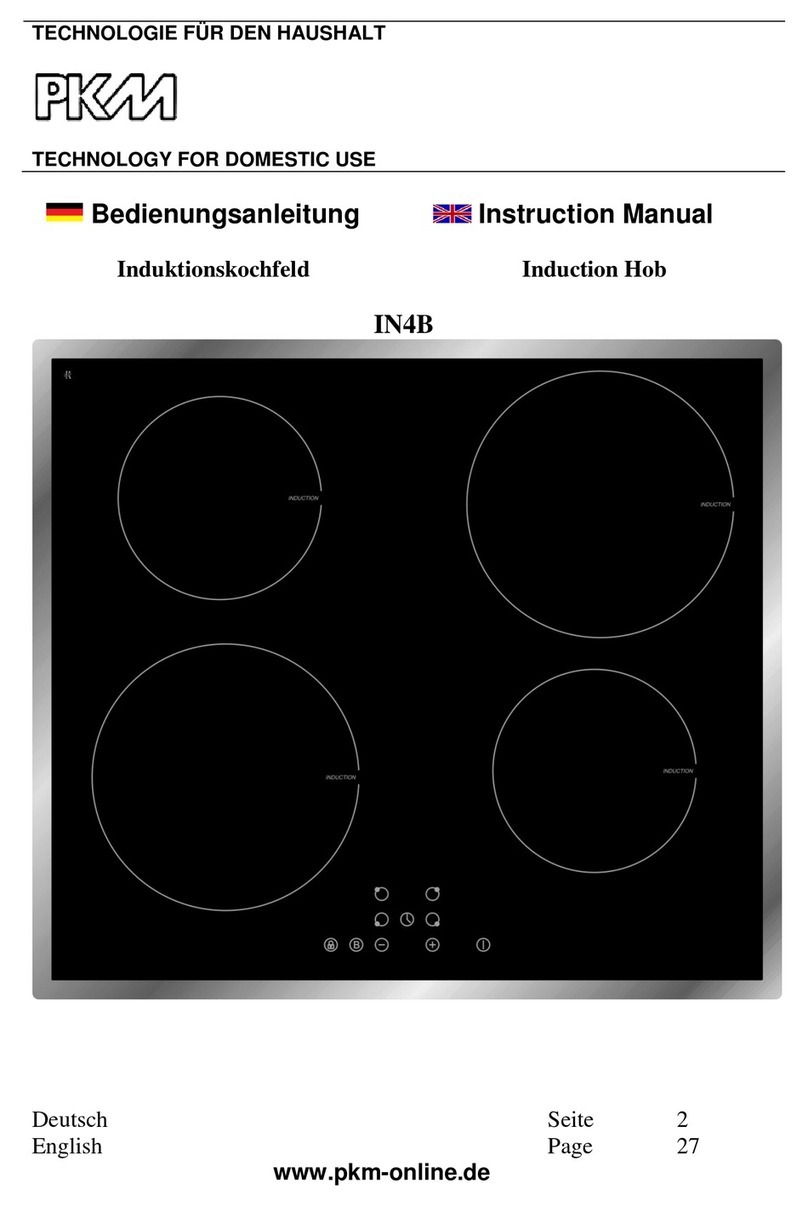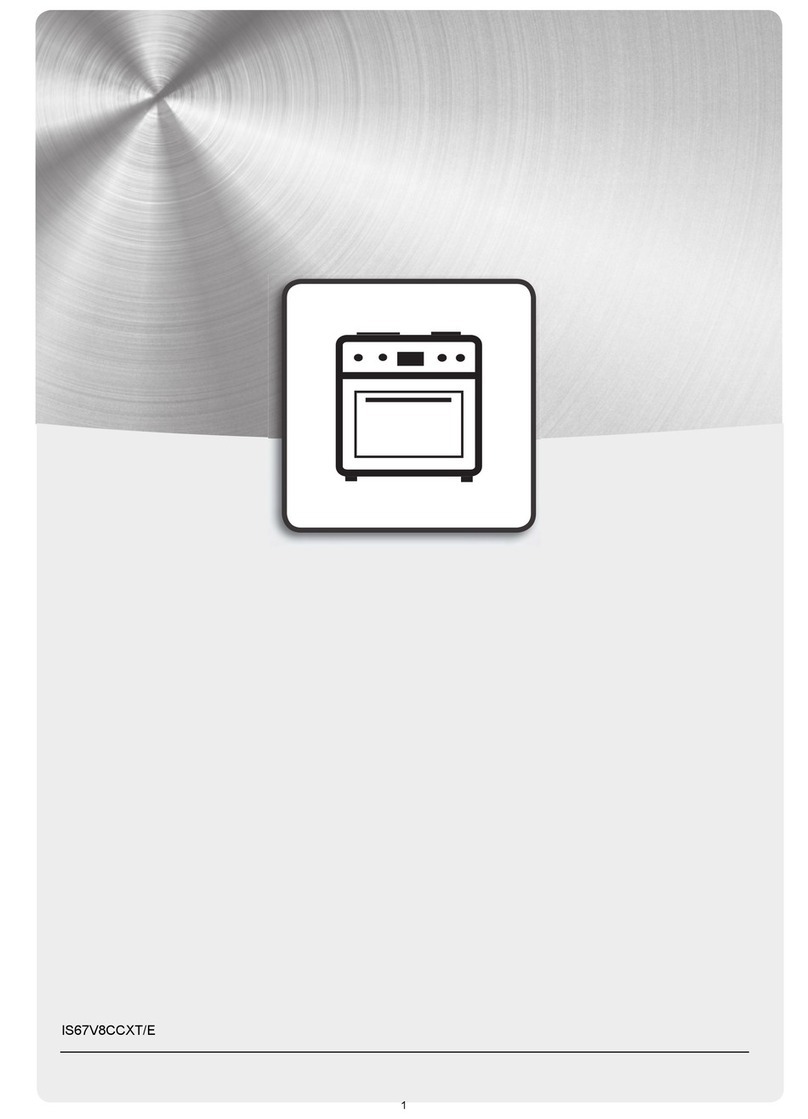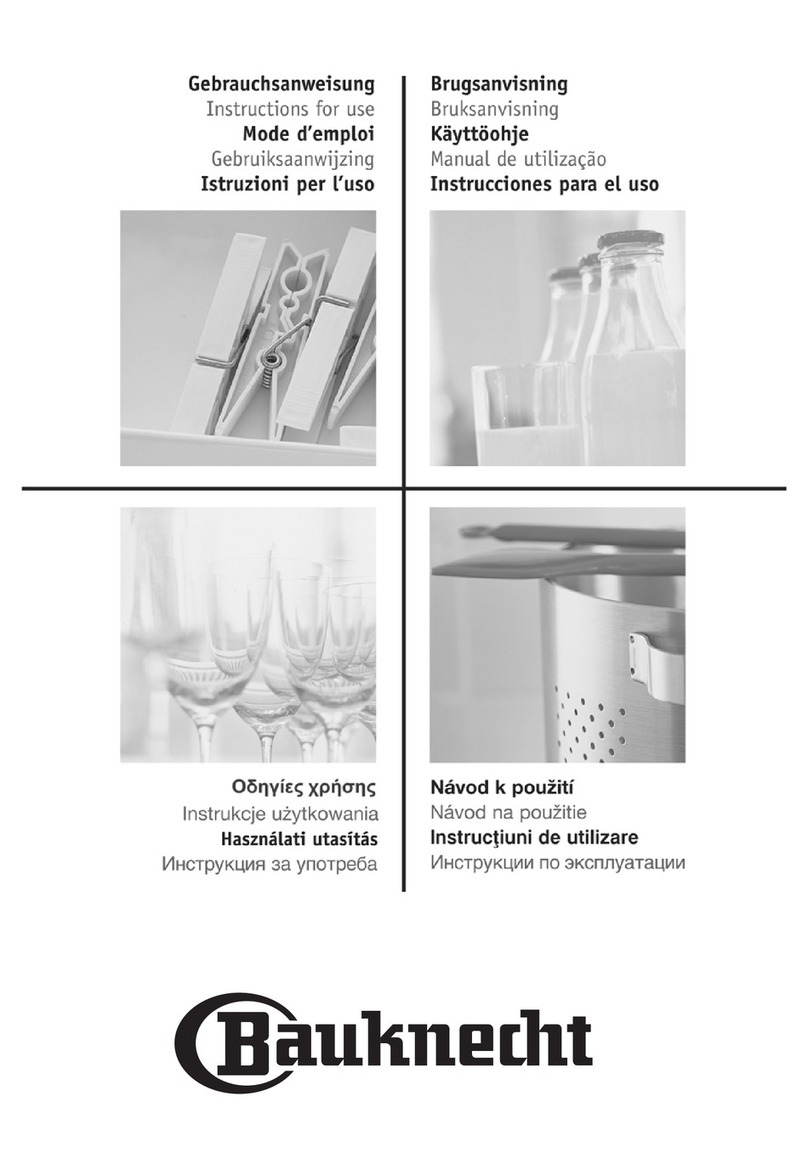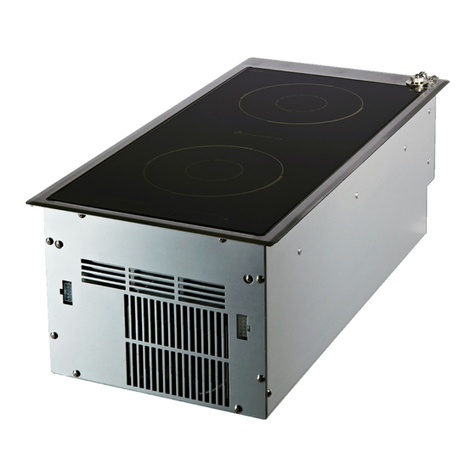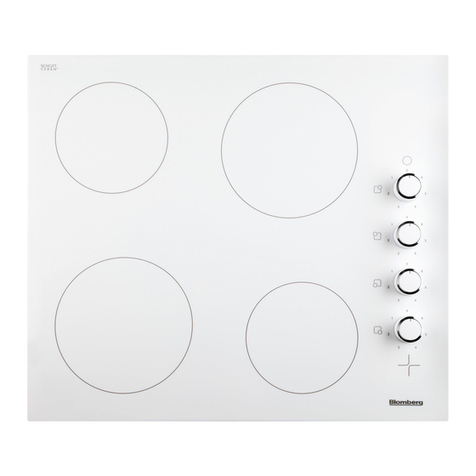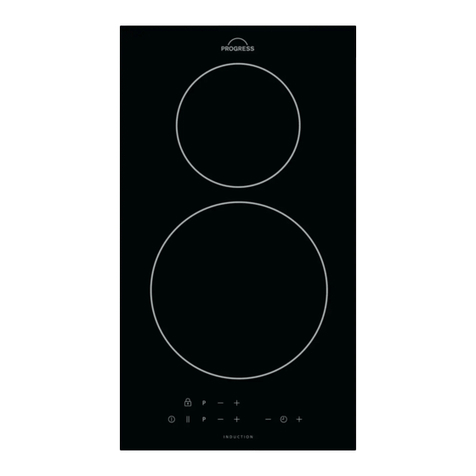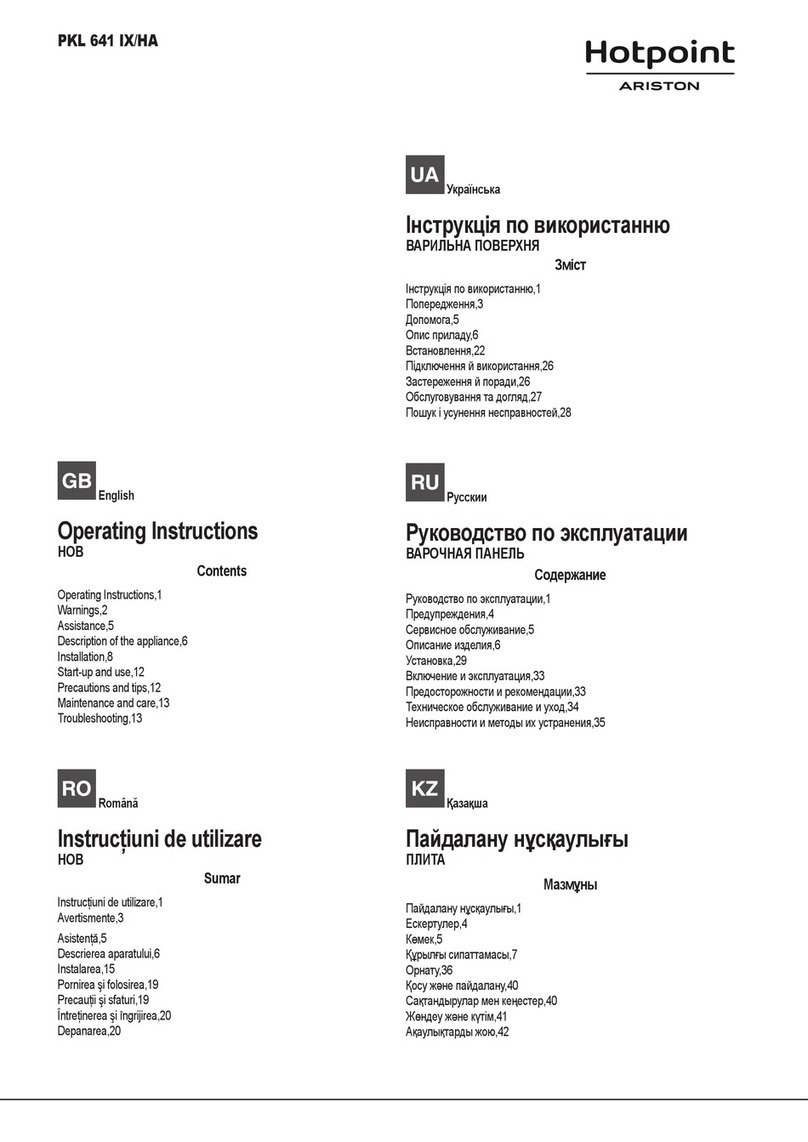To avoid the risk of accidents and
damage to the appliance, please
read these instructions carefully
before using it for the first time. They
contain important notes on its
installation, safety, use and
maintenance.
This appliance is not intended for
use by persons (including children)
with reduced physical, sensory or
mental capabilities, or lack of
experience and knowledge, unless
they have been given supervision or
instruction concerning its use by a
person responsible for their safety.
Keep these instructions in a safe
place for reference, and pass them
on to any future user.
Technical safety
~The appliance must be installed and
connected by a suitably qualified and
competent person in strict accordance
with current local and national safety
regulations. The manufacturer cannot
be held liable for damage caused by
incorrect installation or connection.
~The electrical safety of this
appliance can only be guaranteed
when continuity is complete between it
and an effective earthing system which
complies with current local and national
safety regulations. It is most important
that this basic safety requirement is
present and regularly tested, and
where there is any doubt, the
household wiring system should be
inspected by a qualified electrician.
The manufacturer cannot be held liable
for the consequences of an inadequate
earthing system (e.g. electric shock).
~Do not connect the appliance to the
mains electricity supply by an extension
lead. Extension leads do not guarantee
the required safety of the appliance
(e.g. danger of overheating).
~Never open the casing of the
appliance.
Tampering with electrical connections
or components is highly dangerous to
the user and can cause operational
faults.
Warning and safety instructions
8
